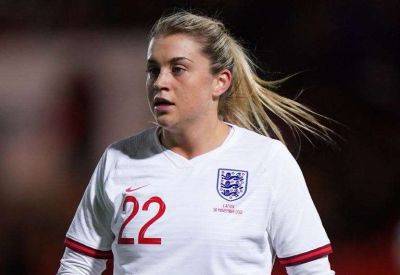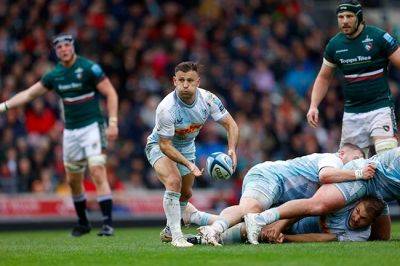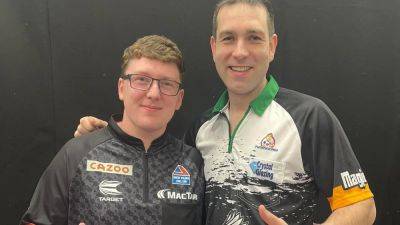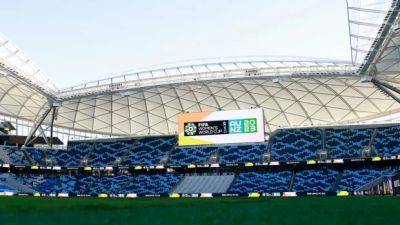Lobbying, lamingtons and the long road to 88: early Matildas on the trial Women’s World Cup
At the 1986 Fifa Congress in Mexico City, the “mother of Norwegian football” Ellen Wille asked Fifa for a Women’s World Cup.
Wille had strategised her speech before heading to Mexico, including the fact that it would best be delivered by a woman. It wasn’t good enough that women’s football wasn’t considered or mentioned in Fifa’s documents, Wille argued when she addressed the room full of more than 100 men: it was, she said, time for women to have their own tournament.
Fifa had periodically teased the possibility of staging a Women’s World Cup, with women’s football advocates and players having their hopes raised and dashed countless times. (“Fifa was toying with the women, I think,” says the former football administrator Heather Reid AM.) But 1986 was the first time Fifa officially committed. Two years later China hosted the Fifa Women’s Invitational Tournament, which was, for all intents and purposes, a pilot Women’s World Cup.
There had technically been a pilot-pilot Women’s World Cup in Mexico in 1971 but it had been independently organised rather than Fifa-endorsed. (Notably, that tournament demonstrated that the “No one would be interested in women’s football” line male administrators had traditionally peddled was inaccurate: an estimated 100,000 people attended the opening match; more again attended the final between Mexico and Denmark.)
Forbes would name Moya Dodd the seventh most powerful woman in world sport in 2018. (The Australian Financial Review and Westpac had named her the overall winner of their 100 Women of Influence awards two years before that.) But 30 years earlier, in the lead-up to 1988, Dodd was an Adelaide-based, tomboyish Asian-Australian teenager who just wanted to play football.
Her







